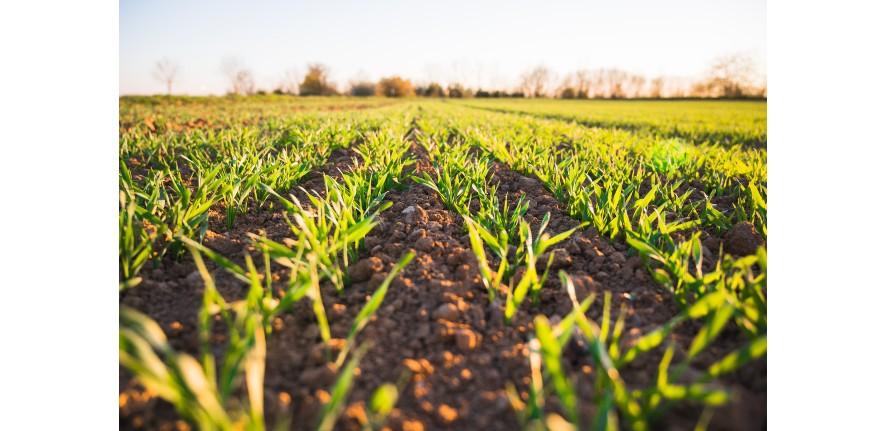
Submitted by K.L. Hlaba on Tue, 25/01/2022 - 10:00
Reported by Sarah Brakebill-Hacke, University of Cambridge
While it is true that our food security and our food system are vulnerable to conditions created by climate change, the agricultural industry is also a major contributor to the problem. The food system contributes as much as 37% of total emissions between livestock and crop production, food and plastic waste, transportation, and deforestation. How can the competitive tension between food security, consumer demand, and our goal of net zero emissions be resolved in a sustainable way to solve the earth’s most pressing problems?
The Cambridge Zero Policy Forum continued in November 2021, with a critical discussion about food security and net zero by four experts in the field representing a range of institutions: Dr Luke Spadavecchia, Agricultural Science Programme Manager (Crops & Horticulture, Agri-Climate and Innovation), Agri-Food Chain Directorate, Department for Environment, Food and Rural Affairs; Dr Richard Harrison, Director of Cambridge Crop Research, NIAB; Professor Shailaja Fennell, Professor in Regional Transformation and Economic Security, Department of Land Economy, University of Cambridge; and Professor Cristiane Derani, Professor of International Economic and Environmental Law, Federal University of Santa Catarina, Brazil and Visiting Scholar at the University of Cambridge. The discussion was held under the Chatham House Rule, and was organised by Dr Angie Burnett, a David MacKay Research Associate at Darwin College and Cambridge Zero in collaboration with the Cambridge Global Food Security Interdisciplinary Research Centre. The event was chaired by Dr. Rob Doubleday, Executive Director of the Centre for Science and Policy.
Please find the full article here.
Image credit: Jan Kopřiva on Unsplash

